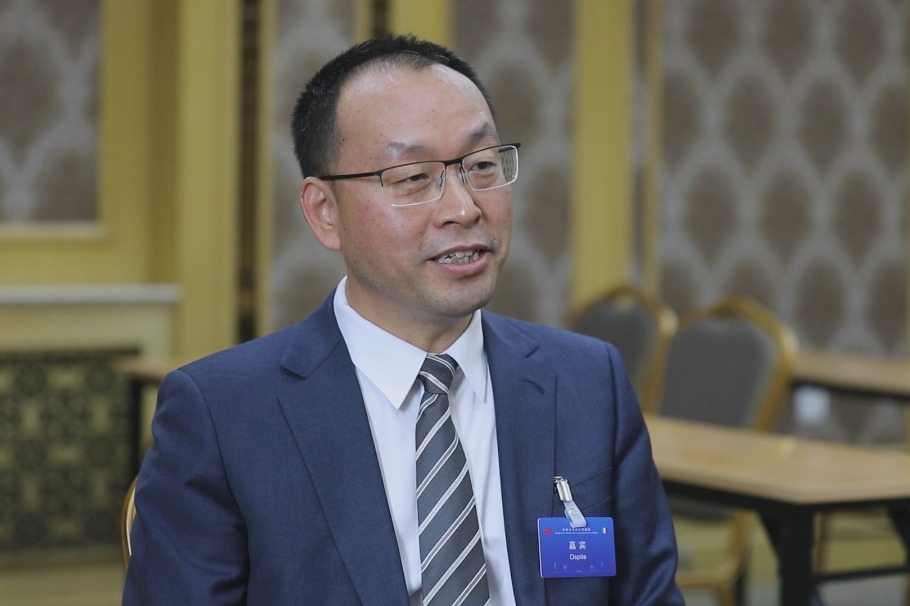Couple faking marriage to buy property faces punishment

Two people in Nanjing, Jiangsu province, are facing serious civil consequences for arranging a "fake marriage" in order to buy property in the city.
The man, surnamed Ding, had married four women and divorced them immediately after helping them get credentials to buy apartments in the provincial capital, according to Nanjing's Qinhuai District People's Court.
According to the city's property purchasing regulations, only people with local household registrations are allowed to buy properties in Nanjing at any time. Those from outside the city have to work for a certain period of time before they are eligible.
By marrying local people, the spouses can get the certificates to buy property from the local real estate management bureau and own the property after divorce.
Another person, a woman surnamed Wang, sued Ding in January and hoped that the court could invalidate their three-day marriage in 2017 due to concerns that she might have committed bigamy.
Wang, from Fujian province, was still legally married to her husband when she married Ding in Nanjing. By telling workers at the civil affairs department that she was single, she managed to get a marriage certificate with Ding.
The court ruled that their marriage was invalid due to Wang's bigamy.
A worker from the Jiangsu Civil Affairs Department said that some cities, including Nanjing, did not share marriage registration data with other cities. Therefore, some people might commit bigamy due to the loophole in the country's marriage registration system.
The court found that from 2017 to 2019, Ding had married four women for durations of two to seven days. Ding confessed that he never lived with any of the women, but simply helped them to get certificates to purchase property.
"Their behaviors violated public order and impaired their honesty and credit," said Fang Chun'e, a judge from the Qinhuai court. "They damaged social justice, including the regulations toward property purchases."
Fang said that the two people face severe consequences, including being barred from serving key posts in public institutions and excluded from any government jobs for five years.
The court also suggested the local civil affairs department and real estate management bureau regulate procedures for registering marriage and property certificates.
Guo Jun contributed to this story
- Tianzhou 8 cargo vessel lifts off toward space station
- Chinese scientists achieve major success in maize harvesting
- Shanghai showcases five years of 'people's city' development
- Guangxi launches inaugural cruise to Vietnam's Halong Bay
- Philadelphia Orchestra bridges ties with Wuxi
- Regulator issues guideline to create a safer online world for minors




































